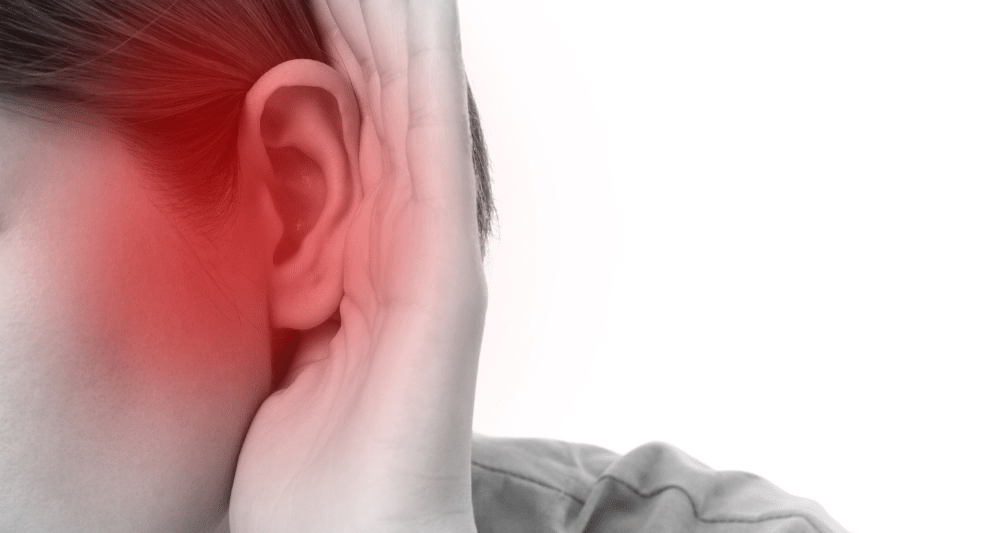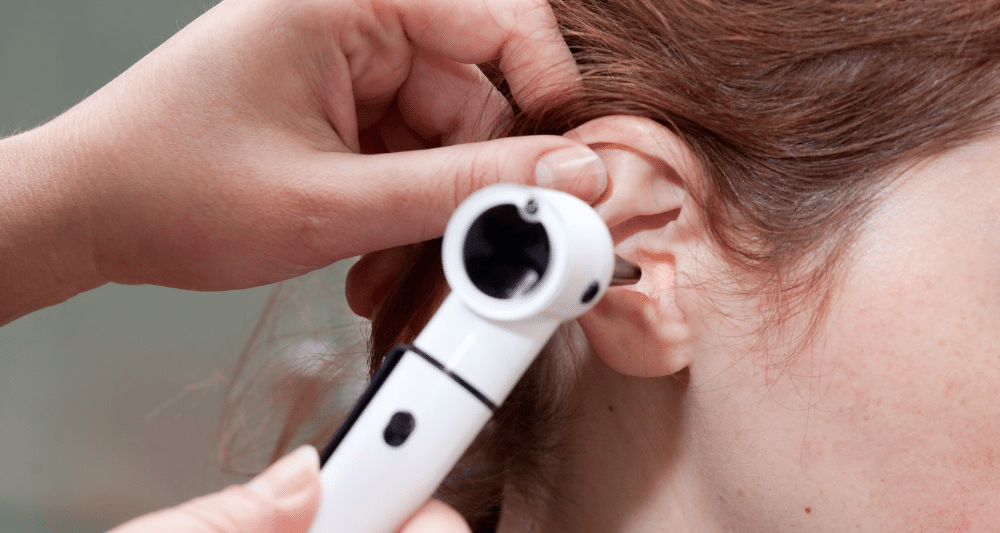
Experiencing pain or discomfort to everyday sounds? You may be suffering from hyperacusis. But what is it? And is it possible to treat it?
We’ll be looking at what hyperacusis is, as well as the causes, signs and symptoms of hyperacusis, how it is diagnosed and what can be done to treat it.
If you suspect you’re suffering from hyperacusis, book an appointment at one of our hearing care clinics in the south east. Our hearing care experts have access to the latest technology and can help you with a hearing diagnosis.
What is hyperacusis?
Often coincident with tinnitus (though not always), hyperacusis, or sensitive hearing refers to the pain, discomfort or even fear created by everyday sounds as a result of a sensory processing disorder. For many it can be a debilitating condition, for others the symptoms of hyperacusis are not nearly as severe.
This abnormal sensitivity to sound can affect either or both ears and result in otherwise innocuous and everyday noises like running water, the sound of a car engine, dishwasher or even the shuffling of paper becoming intolerable, and in some cases unbearable. For some sufferers the sound of their own voice may even become problematic. This sound intolerance is often exacerbated by higher frequency sounds.
How common is hyperacusis?
Because of the degree of variation in the definition of hyperacusis it is very difficult to estimate the number of people suffering from the condition. A 2016 study suggests that among adolescents (aged 5-19 years) “…prevalence of hyperacusis varied from 3.2% to 17.1%”. According to a report by NCBI, “…a Swedish study [7] in adults asked 3406 participants, “Do you have a hard time tolerating everyday sounds that you believe most other people can tolerate?” and found 9.2% responded affirmatively, with 1.9% reporting that they had been diagnosed with hyperacusis by a physician. “
What are the symptoms of hyperacusis?
Though symptoms vary from patient to patient, a study by the University of Iowa proposed four sub categories to differentiate the symptoms of hyperacusis:
- Loudness hyperacusis – perceiving moderately loud noise as very loud
- Annoyance hyperacusis – having a negative response such as irritation or anger to sound
- Fear hyperacusis – anticipating sounds that are uncomfortable and cause fear
- Pain hyperacusis – perceiving pain in ear or head with sound exposure
What causes hyperacusis?
Much the same as many hearing disorders, the most common cause of hyperacusis is believed to be over exposure to loud noise (excessively high decibel levels). Other causes of hyperacusis include:
- Head injuries
- Ear damage from toxins or medication (this includes substances such as LSD, methaqualone, or phencyclidine as well as the antibiotic ciprofloxacin)
- Lyme disease
- Ménière’s disease
- History of ear infections
- Impact such as airbag deployment
- Viral infections involving the inner ear or facial nerve (Bell’s palsy)
- Temporomandibular joint (TMJ) syndrome
A variety of neurological conditions may also be associated with hyperacusis, including:
- Post-traumatic stress disorder
- Chronic fatigue syndrome
- Tay-Sachs disease
- Some forms of epilepsy
- Valium dependence
- Depression
- Migraine headaches
Hyperacusis is also found in children with brain injuries, as well as some autistic children and those with cerebral palsy.
Relation to Tinnitus
Hyperacusis is also strongly associated with tinnitus, a condition commonly referred to as ringing in the ears. Indeed, it is possible to have tinnitus and hyperacusis at the same time. However tinnitus refers to a ‘ringing’ sound which is inaudible to others, while hyperacusis is the increased noise sensitivity to sounds others can hear.
Tinnitus can be thought of as the perception of noise in its absence, while hyperacusis is the exaggerated response to existing sound. Both conditions can be experienced in one or both ears.
Relation to recruitment
Recruitment is another form of sound sensitivity, a condition which means soft sounds are inaudible while loud sounds become distorted or even intolerable. Patients suffering from recruitment may experience hearing loss below 50 decibels, while sound above 80 decibels may be intolerable. It is unlike hyperacusis in that it is a problem of the peripheral auditory system, as opposed to the central auditory system.
Diagnosis of hyperacusis
If you are experiencing any of the above mentioned symptoms you may be suffering from hyperacusis. In this instance we recommend arranging a hearing test. The test will indicate normal sound sensitivity and whether there is any deviation noted. If the test shows any abnormality, however, we would advise you to seek further medical attention.
Not sure what to expect from a hearing test? Find out more about the process of a hearing test.

Treatment of hyperacusis
For many people experiencing mild hyperacusis no treatment is required. Unfortunately, for those experiencing more severe symptoms there are, as of yet, no specific surgical or medical treatments for the condition.
There is evidence to suggest that ‘retraining therapy’ or ‘sound therapy’, traditionally used in the treatment of Tinnitus, can help to alleviate hyperacusis symptoms. This therapy utilises broadband noise at soft levels to effectively ‘retrain’ patient tolerance to sound.
Read more here for further information about the treatment of hyperacusis.
Quality of life for those suffering with hyperacusis
For many people with hyperacusis life continues in close to normal fashion. For those hyperacusis patients with extreme intolerance to everyday sounds it can become difficult, and in some circumstances almost impossible to function in everyday environments. Hyperacusis can contribute to social isolation, phonophobia (fear of normal sounds) and depression.
Book a hearing assessment
We recommend a hearing test at least every 10 years, and for those over the age of 60 at least once per year. However, if you are experiencing a change in your hearing, including hearing loss or discomfort we urge you arrange a hearing test as soon as possible.
To arrange a hearing test simply call us at Horsham (01403 218 863), Chichester (01243 774 536), Seaford (01323 899 655). We also provide a high quality, free online hearing test.
